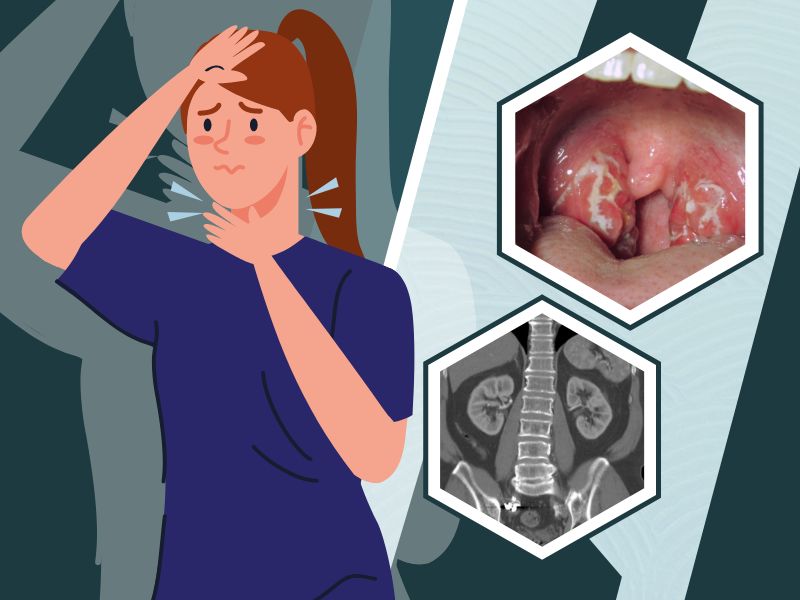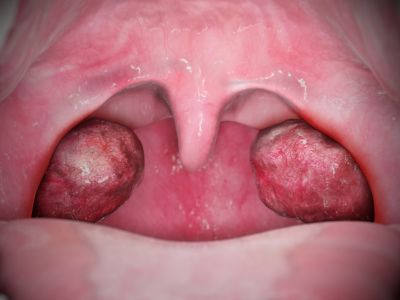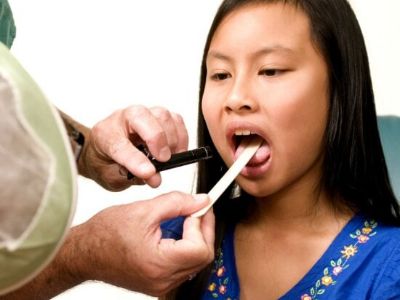Diagnosing Strep Throat

Strep Throat is an infection of the throat and tonsils. It can make your throat feel sore and scratchy. This infection accounts for only a small portion of sore throats. If left untreated. Strep throat can cause complications such as rheumatic fever or kidney inflammation.
Strep throat is most common in children, but it affects people of all ages. If you have signs and symptoms of strep throat, see your doctor for promo testing and treatment.
Strep Throat Symptoms

- Pain when you swallow
- Red, swollen tonsils
- Fever
- Tiny red spots in the roof of the mouth
- White patches in the throat
- Swollen and tender lymph nodes at the front of your neck
- Headache
- Stomach ache
- Appetite loss
- Nausea
- Vomiting
- Rash
- Loss of appetite
Causes of Strep Throat
Strep Throat is caused by infection with a bacterium known as Streptococcus pyogenes or known as group A streptococcus. These types of bacteria are contagious. The spread through droplets when someone with the infection sneezes or coughs, or through shared drinks or foods.
Strep throat can also be contracted by coming into contact with an object contaminated with group A strep bacteria, such as a doorknob or faucet, and then touching your eyes, nose, or mouth. This is also a way that kids can catch strep throat by putting things in their mouths.
Strep Throat Risk Factors
Several factors can increase your risk of strep throat:
- Being between the ages of 5 and 15
- Close contact with someone who has strep throat
- Spending time in crowded settings, like schools, daycare centers, or military facilities
- Being an adult who has frequent contact with children, like a teacher or healthcare professional
- Having a school-aged child

Strep Throat Diagnosis
Your doctor will conduct a physical exam, check for symptoms, and might have more tests such as:
- Throat culture: To obtain a sample of the secretions, a sterile swab is rubbed over the back of the throat and tonsils. Gagging may occur, but it is not painful. After the sample is collected in a laboratory, it is cultured for bacteria, and the results can take as long as two days.
- Molecular test: This test is also done using a swab sample from your throat.
- Rapid antigen test: An antigen test may be performed on a swab sample of your throat by your doctor. By detecting the presence of substances in the throat (antigens), this test detects strep bacteria in minutes. A throat culture might be done if your doctor is still suspicious of strep despite a negative test result.
Strep Throat Treatment and Medications
Antibiotics
Your doctor will likely prescribe an oral antibiotic if strep throat is developed. As long as antibiotics are taken within 48 hours of the onset of the illness, they reduce the duration and severity of symptoms, as well as the chances of complications and the likelihood of infection spreading. The patient should start feeling better in a day or two after treatment. After 48 hours, call your doctor if they don’t feel better.
Lists of antibiotics you may use:



